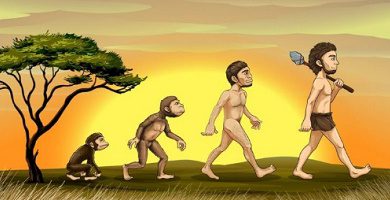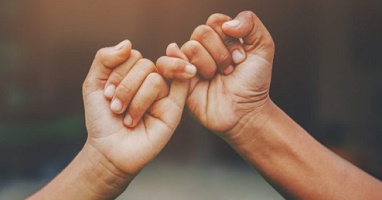What is a consumer?
We explain what a consumer is, the types that exist and their difference with a customer. In addition, its characteristics and behavior.
-
What is a consumer?
In economics , one of the economic agents involved in the production chain is called consumer . Every consumer has a series of needs to satisfy, and he does it thanks to the exchange of money for the goods and services offered that he wants, and that is provided by a producer or supplier.
Consumers are usually the last step of the production chain. They are the ones who buy the product or service already prepared and who give it use.
They are therefore buyers. To the consumer it dedicates the advertising its efforts of promotion and motivation to the consumption, and the marketing or marketing studies the consumption patterns that its specific community presents.
In the different legal systems of the different countries, consumers are granted a series of rights , which result in being protected from fraudulent modes of sale or coercive, unfair or false marketing methods.
In some economic theories it is preferred to use the term prosumer , referring to consumers who are, at the same time, producers.
But it is important to note that the consumer is not a passive entity that simply buys what they offer . On the contrary: it plays a very active role in the selection of the offer, it is able to model companies according to their needs and spending preferences.
-
Types of consumer

We can talk about two types of consumer, classified according to their membership or not to an organization larger than themselves:
- Personal consumer . The one who buys what he needs in his daily life and thinks of himself and his family nucleus only.
- Consumer or organizational . The one who buys for a company, institution or entire organization , or that takes into account the needs of a business that runs or participates.
Similarly, consumers can be classified according to their location in the consumer chain , as follows:
- Final consumers . Those who use the acquired goods or services and who will exhaust their need for them once they have done so. They are the final step of the chain.
- Intermediate consumers . Those who are an intermediate link in the chain and not the end, that is, who buy to later develop a new product with it and sell it, or who buy to resell merchandise at a higher price (usually called resellers ). These consumers do not exhaust their need for consumption, but constantly renew it (they invest it).
-
Difference between customer and consumer
The difference between a customer and a consumer has to do with the process called loyalty , and that is the continuous preference of a consumer for a particular brand or product , to which it is “faithful.” Thus, a loyal consumer would be a customer of the brand, while the rest of the market continues to be consumers.
Companies today are committed to creating customers , rather than having a market full of consumers, since the latter can vary in their modes of consumption and can be erratic in their purchasing behavior.
-
Consumer characteristics
Current consumers are very different from those in early capitalism. The technological revolution changed them as much as the market in which they operate. Thus, in broad strokes we could say that they respond to the following characteristics:
- It is connected . The current consumer operates the Internet as the favorite place to search for products and services, to the point that 63% of women and 77% of adult men do not spend more than an hour without connecting to their cell phones.
- The opinion is important . Current consumers share everything: their experiences, their opinions, and they like to feel taken into account. Social networks and culture 2.0 allowed the gap between business and client to be shortened, and today’s consumers are not willing to give it up.
- They (un) loyalty quickly . Current consumers are fast in their choice of consumption, they identify quickly with the brands that are handled in their language and that know how to take it into account, but with the same speed they can give it up and change to another if it fails to meet their expectations .
- Immediacy demand . Long waiting times and slow communication channels have no place in the imaginary of the contemporary consumer. Everything must be fast and instantly.
- Pursue authenticity . More than products and goods, it demands original experiences and seeks to feel safe from misleading advertising . It demands loyalty to its companies and in return offers to be an exclusive client.
-
Consumer behavior
Consumers change the way they consume: the current ones are very different from those of early capitalism . The technological revolution changed us as much as the market and the dynamics in which we developed. Therefore, studies and reviews of consumer behavior are carried out from time to time.
These studies analyze the way in which consumers search, buy, use, desiccate and evaluate their products and services for daily or eventual use, for which they use the tools of marketing and financial analysis (among other disciplines such as psychology, for example).
The objective of any evaluation of consumer behavior is to establish how it prefers to invest its money, time and effort, and mobilize the productive apparatus to provide a more consistent and satisfactory consumption experience, which translates into your preference or loyalty for a brand , a product or a trend.





